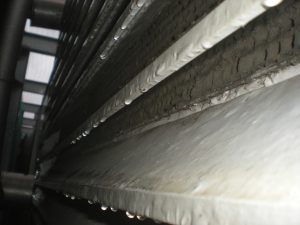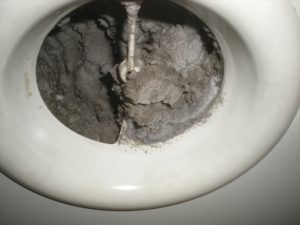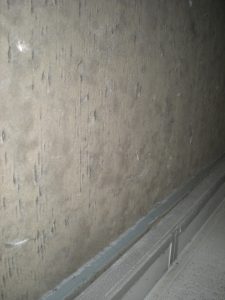European Ventilation Hygiene Association members are often asked for their advice about Coronavirus. The WHO announcement highlighting the airborne transmission route has underlined customers’ concerns.
The REHVA provides a valuable set of resources and guidance, which is updated regularly as we learn more. 
Their recommendations – and the science and engineering that form their basis – are well respected around the world.
Many of the FAQs are specially relevant to EVHA members who are carrying out HVAC inspection, cleaning and maintenance work. Much of the advice is based on making the assumption that viable particles may be present when you come to carry out work on an air conditioning or ventilation system. The usual advice to protect and control the environment with HEPA-filtered vacuums and duct cleaning extraction equipment is underlined. More than ever, service operatives should be protected with minimum hand and breathing Personal Protective Equipment (PPE).
The fundamental advice to help people return to work in buildings is to ensure maximum ventilation rates.
The introduction of outdoor air will dilute and flush out airborne viral particles. Viral particles are considered unlikely to settle out on duct and plant surfaces and subsequently contaminate the air. Dirty HVAC systems will however not operate to maximum efficiency and ventilation rates will be reduced.
Some examples:

Dirty extract duct reduces airflow

Clogged pest guard at outdoor air intake

Almost completely blocked toilet extract duct

Blocked frost protection battery